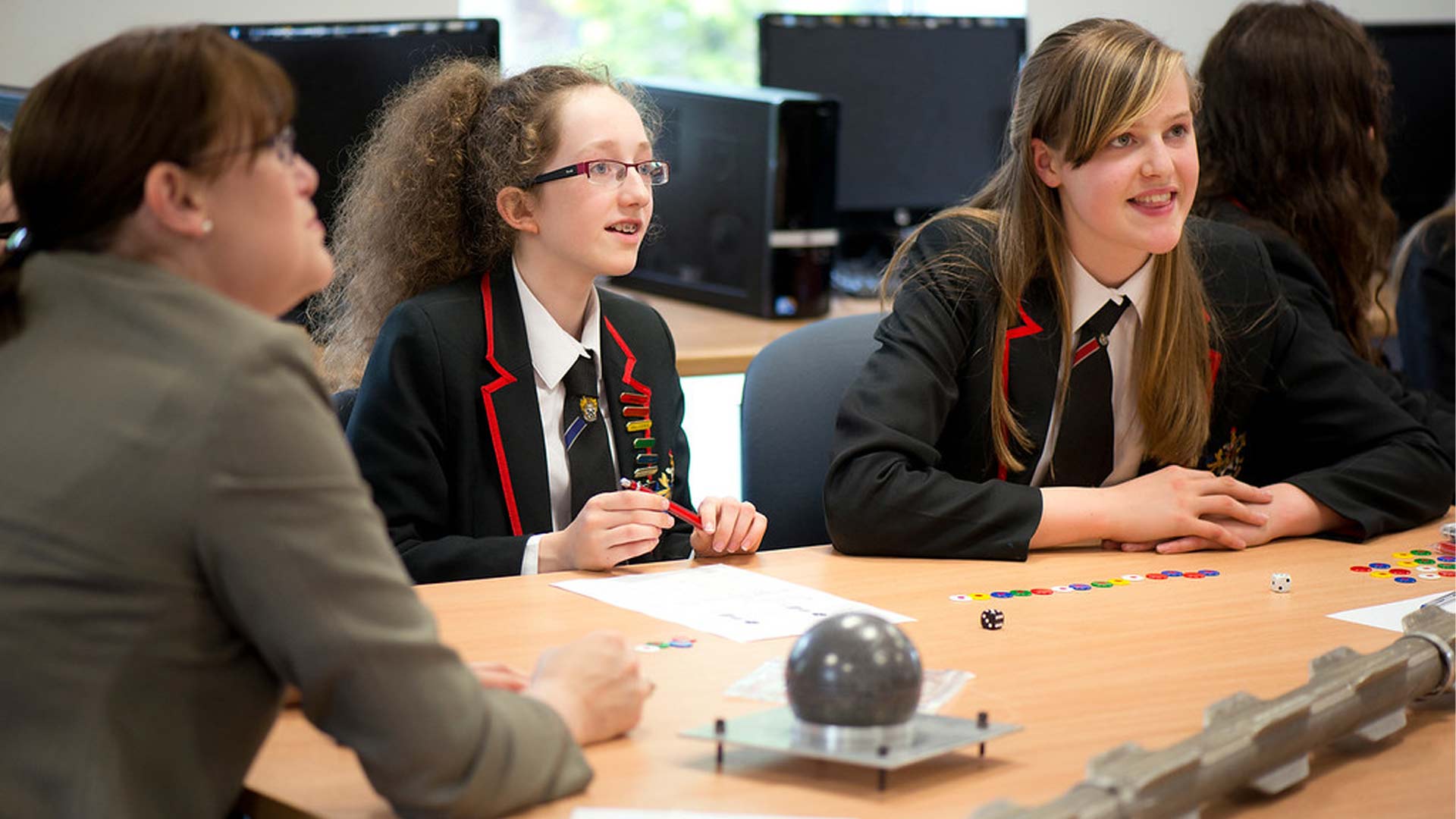
We also have some subject specific exemplar targets for you to utilise. You can download these by clicking on the links below:
The slides below provide some exemplar targets for each stage of Professional Practice are are derived from the Core Content Framework. Targets have been organised into introductory, developmental or consolidation showing how the targets/opportunities could be progressed for each stage of the trainee’s development.
What makes a good target?
- Good feedback and target setting is at the heart of good teacher training. We ask mentors to set targets each week in agreement with the trainee and record these on the WDS and/or lesson observation form.
- The weekly mentor meeting allows time for targets to be reviewed and for new targets to be agreed.
- We encourage trainees to be engaged in setting targets with their mentor which are evaluative rather than descriptive and focus on the impact that meeting that target will have on the progress and learning of pupils and the trainee themselves.
- Targets will be developmental, linked to the curriculum and focus on the trainee’s progress and on their impact on pupil learning. Targets will also relate to the trainee’s subject and curriculum knowledge and pedagogic understanding.
- Targets should be phrased as the identified opportunities which will assist in helping the trainee to develop. For example ‘Team teach Yr7 nurture group with mentor to develop your adaptive teaching for low ability pupils’.
- A maximum of three targets should be set in each weekly meeting.
- These should be phrased as the opportunities the trainee needs to engage in to develop.
- Actions should be specific and measurable, so that trainees are able to show evidence of progress by the next weekly meeting.
- Targets related to subject knowledge should be regularly included. Trainees need to be familiar with all aspects of the curriculum in their subiect (inc. KS2 and KS5), not just what is being taught during their time on placement.
- Targets should enable progression and focus on the opportunity the trainee needs to engage with rather than a task to complete.
- For example, rather than ‘Mark year 10 books’ the target could be ‘Moderate Yr10 books with mentor so you can develop how your understanding of the GCSE mark scheme’.
- Targets should be reviewed by the trainee prior to their weekly meeting. They should identify and note their progress against each target ready to share with their mentor in the meeting.
Please explore our mentor space for research related to feedback and lesson observations.
Exemplar targets
The slides below provide some exemplar targets for each stage of Professional Practice are are derived from the Core Content Framework. Targets have been organised into introductory, developmental or consolidation showing how the targets/opportunities could be progressed for each stage of the trainee’s development.
Useful research
You may also find the following research useful in helping to construct and consider effective lesson observation feedback:
- Gibson, S.A., (2006) Lesson observation and feedback: The practice of an expert reading coach, Literacy Research and Instruction, 45:4, 295-318
- O’Leary, M., (2012) Exploring the role of lesson observation in the English education system: a review of methods, models and meanings, Professional Development in Education, 38:5, 791-810
- O’Leary, M. & Wood, P. (2017) Performance over professional learning and the complexity puzzle: lesson observation in England’s further education sector, Professional Development in Education, 43:4, 573-591,
- Puttnick, S. and Wynn. J., (2021), Constructing ‘good teaching’ through written lesson observation feedback, Oxford Review of Education, Vol. 47, No. 2, 152-169

